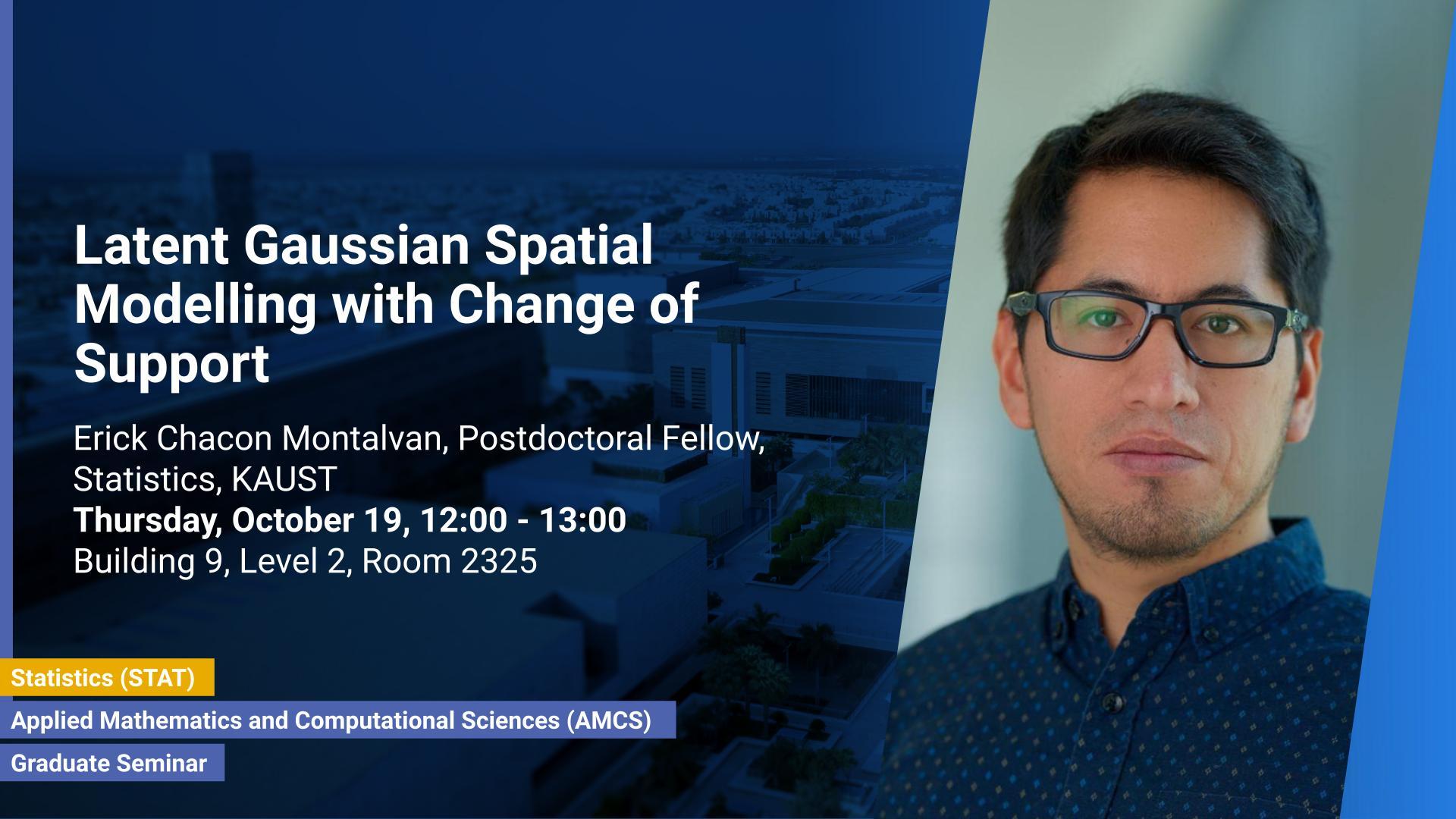Abstract
Spatial data analysis commonly needs to deal with spatial data derived from multiple sources (e.g. satellites, stations, survey samples) with different supports, but associated with the same properties of a spatial phenomenon under interest. Usually, predictors are also measured on different spatial supports than the response variable. Although there is no standard way to work with spatial data with different supports, a prevalent approach used by practitioners has been to apply some type of downscaling, upscaling or interpolation to project all the variables of analysis towards a common support, and later use standard spatial models. The main disadvantage with this approach is that simple interpolation can introduce biases and, more importantly, the uncertainty associated with the change of support is not taken into account in the parameter estimation of the main model of interest. We propose a Bayesian model-based latent approach that can handle data with different supports in the response variable and the predictors. Our approach allows us to handle changes of support more naturally according to the properties of the spatial stochastic process being used, and to take into account the uncertainty of the change of support in parameter estimation and prediction. Our hierarchical model approach can be described by the following steps: (i) define a latent model where response variables and predictors are considered as latent stochastic processes with continuous support, (ii) link the continuous-index set stochastic processes with its projection to the support of the observed data, (iii) link the projected process with the observed data.
Brief Biography
Erick A. Chacón Montalván is a postdoctoral research fellow at King Abdullah University of Science and Technology (KAUST) in the GeoHealth group led by Prof. Paula Moraga. He obtained his doctorate in Statistics and Epidemiology at the University of Lancaster (UK) under the supervision of Dr. Benjamin Taylor and Dr. Luke Parry. His current research focuses on developing Bayesian spatial statistical methods to model environmental and health data using the Julia open source software.
